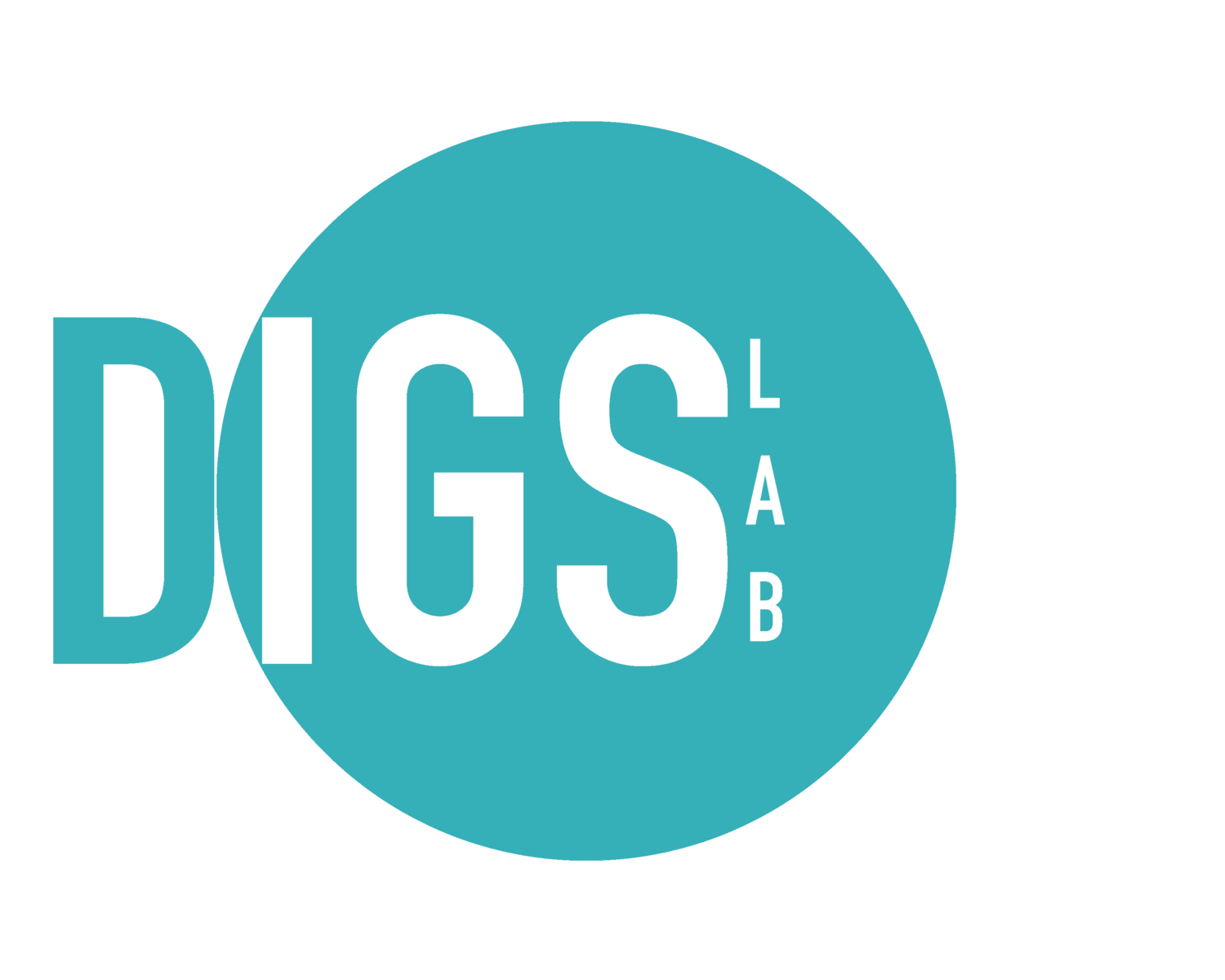ABOUT
The DIGS Lab aims to understand – through empirical research, theory, and creative innovation – how digital media, digital technologies, and digital culture are shaping intimate relationships, gender, and sexuality. Our research engages with the shifting constructions, representations, and identities relating to gender and sexuality in contemporary life, identifying the role of digital media technologies in these changes.
See more of what we’re about on Instagram.
The DIGS Lab’s Objectives include:
Equipping the next generation of scholars and industry leaders with digital research skills;
Uncovering how digital technologies affect dating, sexual activity, and relationships;
Analyzing the effects of rendering sexuality and sex lives into data for automated and artificially intelligent systems;
Identifying new forms of digital self-representation and expressions of coalitional solidarity.
We pursue these objectives through four key directions:
1. Digital research and next-generation skills – The lab generates, implements, and educates about cutting-edge digital research methods and associated skills. Its members are working to develop new ways of investigating ever-evolving digital technologies while the lab hosts speakers and events aimed at extending researchers skillsets.
2. Digitally mediated relationships – Digital technologies are changing how and who we meet. We examine how people negotiate intimacy through dating and hook-up apps, and consider the impact this has on their relationships.
3. The automation and datafication of sexuality – From AI models configured to ‘detect’ sexual identity to the de-monetization of LGBTQ+ YouTubers’ accounts based on automated content moderation, digital technologies are increasingly transforming sex-related information, activities, and experiences into data. The lab analyzes such datafication processes as well as their outcomes for individuals, platforms, businesses, and other stakeholders.
4. Platformed identity and intersectional solidarity – There are an increasing number of identity-based groups joining in solidarity with each other, expressing support through social media. Some gestures appear genuine, especially when paired with commitment to action, while others seem to be virtue signalling. We examine how social media factors into the deployment and reception of individual and collective identity representations and gestures of solidarity.
Annual Reports
Our annual reports showcase the lab’s structure, research outputs, and knowledge mobilization initiatives.
2021-2022
2022-2023

